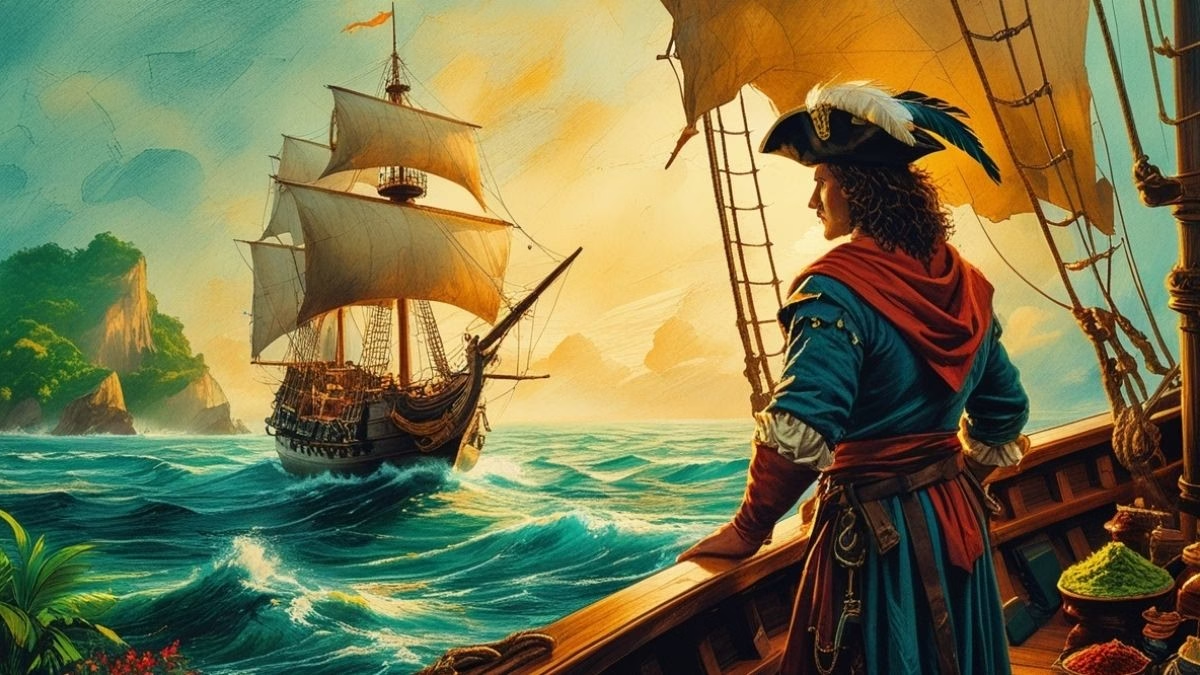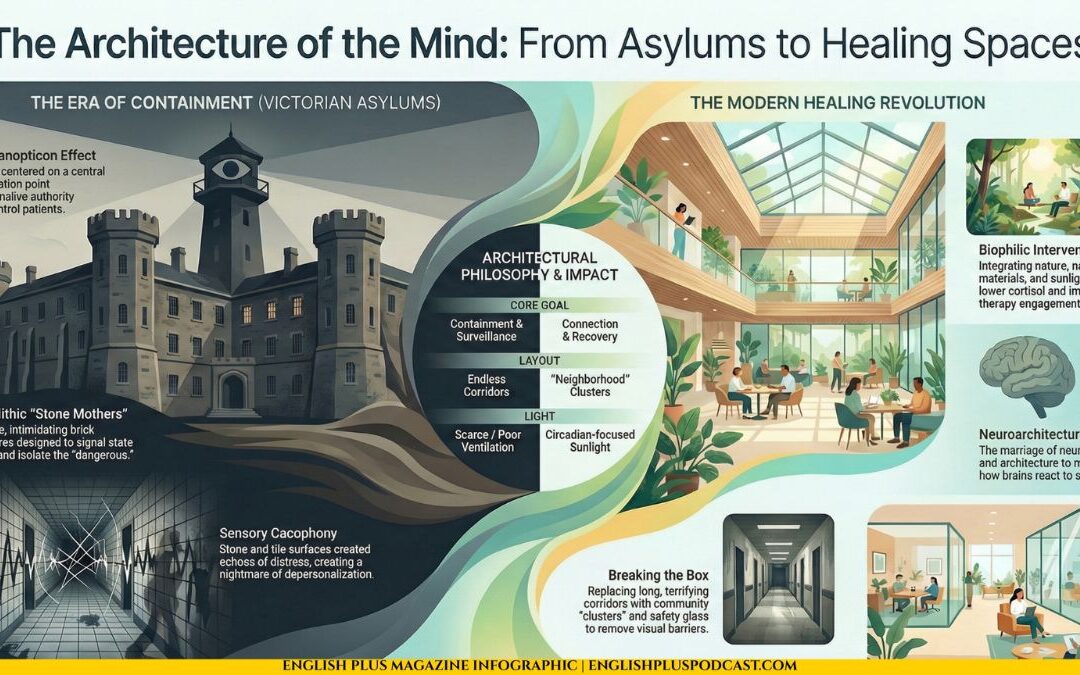How to Read and Analyze Historical Texts
Welcome! The reading passage for today’s practice is a historical one. On international exams, historical texts are common. They require you to understand not just what happened, but why it happened, and what the consequences were. They also often require you to understand the author’s perspective on the events.
Here are some targeted strategies for historical passages:
- Identify Motivations (The “Why”): History is driven by human motivation. As you read, constantly ask yourself: Why did these people do this? Look for reasons related to economics (wealth, trade), politics (power, competition), and religion or ideology.
- Track Causes and Consequences: Every major historical event has causes that led up to it and consequences that followed. Look for language that signals these relationships (e.g., “driven by,” “in response to,” “led to,” “the result was”).
- Understand the Author’s Perspective: Is the author presenting a purely factual account, or do they have a particular interpretation or argument? Notice word choices. For example, calling something a “discovery” versus an “encounter” reveals a different perspective. Look for adjectives and adverbs that reveal the author’s tone.
- Manage Your Time: Historical passages can be rich with details. You must work efficiently. For this passage and the 10 questions, set a timer for 18-20 minutes. This will help you practice reading for key information under pressure without getting lost in minor details.
This passage examines the complex history of the Age of Exploration. Use these skills to dig deeper than the surface-level facts. Let’s begin.
Reading Passage
Keywords & Phrases
Pivotal era:
What it means: ‘Pivotal’ means of crucial importance in relation to the development or success of something else. A ‘pivotal era’ is a period of time that was absolutely critical and changed the course of history.
How it was used in the reading: The author uses this phrase to establish the importance of the Age of Exploration from the very beginning. “…was a pivotal era in world history that fundamentally reshaped global interactions.”
Religious fervor:
What it means: ‘Fervor’ is a word for intense and passionate feeling. ‘Religious fervor’ refers to a very strong, passionate, and often militant form of religious belief.
How it was used in the reading: This is used to describe one of the key motivations behind the explorations—a powerful and intense desire to spread Christianity. “…driven by a potent combination of economic ambition, religious fervor, and technological advancement…”
Exorbitantly expensive:
What it means: ‘Exorbitant’ is an adjective that means unreasonably high (usually for a price). The phrase ‘exorbitantly expensive’ is a very strong way of saying something cost way too much.
How it was used in the reading: This phrase explains the economic pressure to find a new trade route—the old one had become far too costly. “…making valuable commodities like spices and silk exorbitantly expensive.”
Feasible:
What it means: This adjective means possible to do easily or conveniently.
How it was used in the reading: The author uses this to show that new technology was critical because it made the idea of long ocean voyages a practical possibility. “Technologically, key innovations made long-distance sea travel feasible.”
Patronage:
What it means: This noun refers to the support, encouragement, or financial aid that an organization or individual bestows on another.
How it was used in the reading: The author notes that the Portuguese explorations weren’t just done by individual sailors, but were supported and funded by royalty, specifically Prince Henry. “The Portuguese, under the patronage of Prince Henry the Navigator…”
Circumnavigation:
What it means: The action of sailing or traveling all the way around something, especially the world.
How it was used in the reading: This specific term is used to describe the major achievement of Magellan’s famous expedition. “…achieved the first circumnavigation of the Earth…”
Multifaceted:
What it means: An adjective meaning having many sides or aspects.
How it was used in the reading: The author uses this to signal that the consequences of this era were not simple, but were varied and complex. “The consequences of this era were profound and multifaceted.”
Irrevocably altered:
What it means: ‘Irrevocable’ means not able to be changed, reversed, or recovered; final. To be ‘irrevocably altered’ means to be changed permanently and forever.
How it was used in the reading: This strong phrase is used to emphasize the massive and permanent impact that European livestock had on the American environment. “…American landscapes were irrevocably altered by Old World livestock…”
Catastrophic demographic collapse:
What it means: ‘Catastrophic’ means involving or causing sudden great damage or suffering. ‘Demographic’ relates to the structure of populations. The phrase refers to a sudden and disastrous decline in the number of people in a population.
How it was used in the reading: This is used to describe the devastating effect that European diseases had on the indigenous peoples of the Americas. “…caused a catastrophic demographic collapse…”
Subjugation:
What it means: The action of bringing someone or something under domination or control. It’s a strong word for conquest and oppression.
How it was used in the reading: The author uses this to describe the violent political control that was imposed on native peoples as part of colonization. “…leading to centuries of exploitation and the violent subjugation of indigenous peoples.”












0 Comments